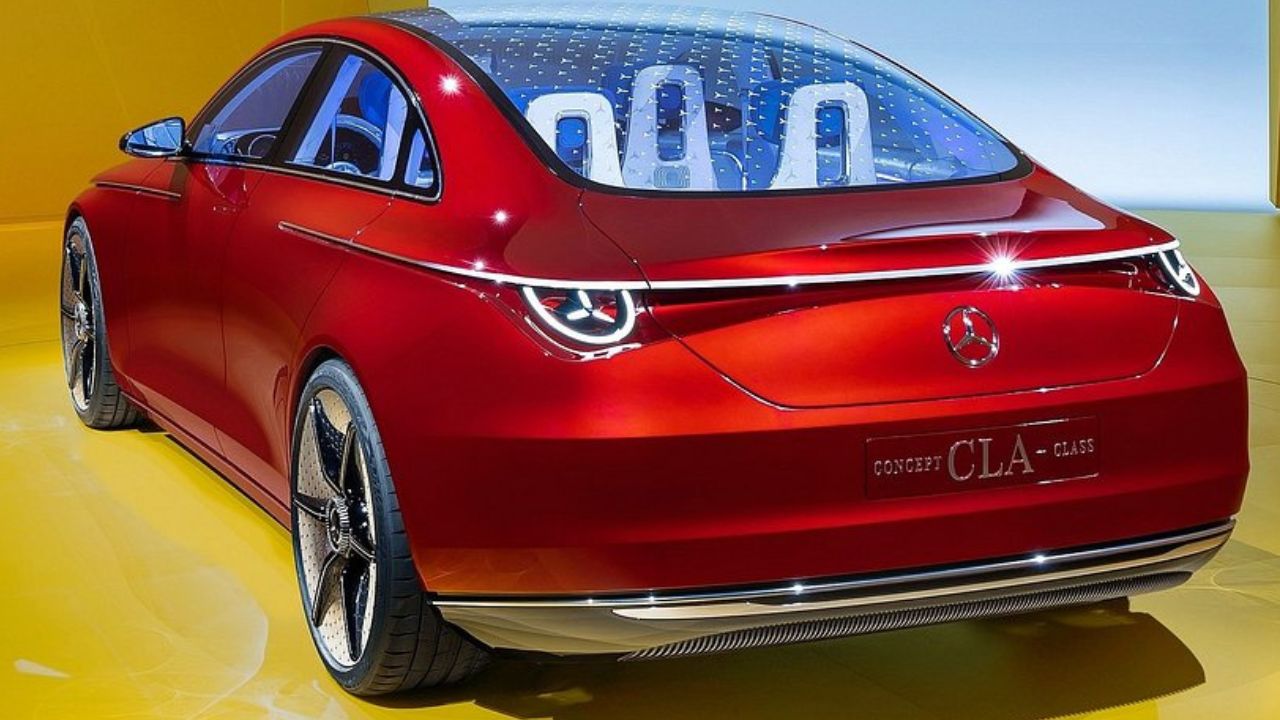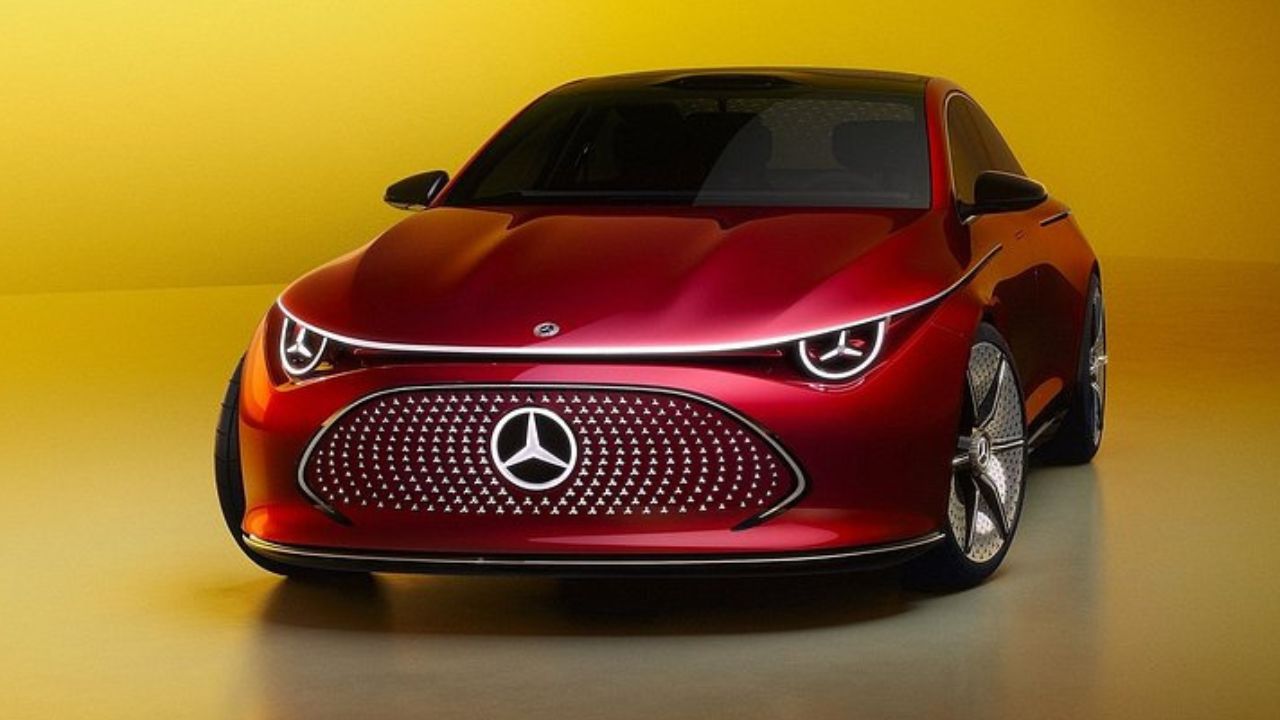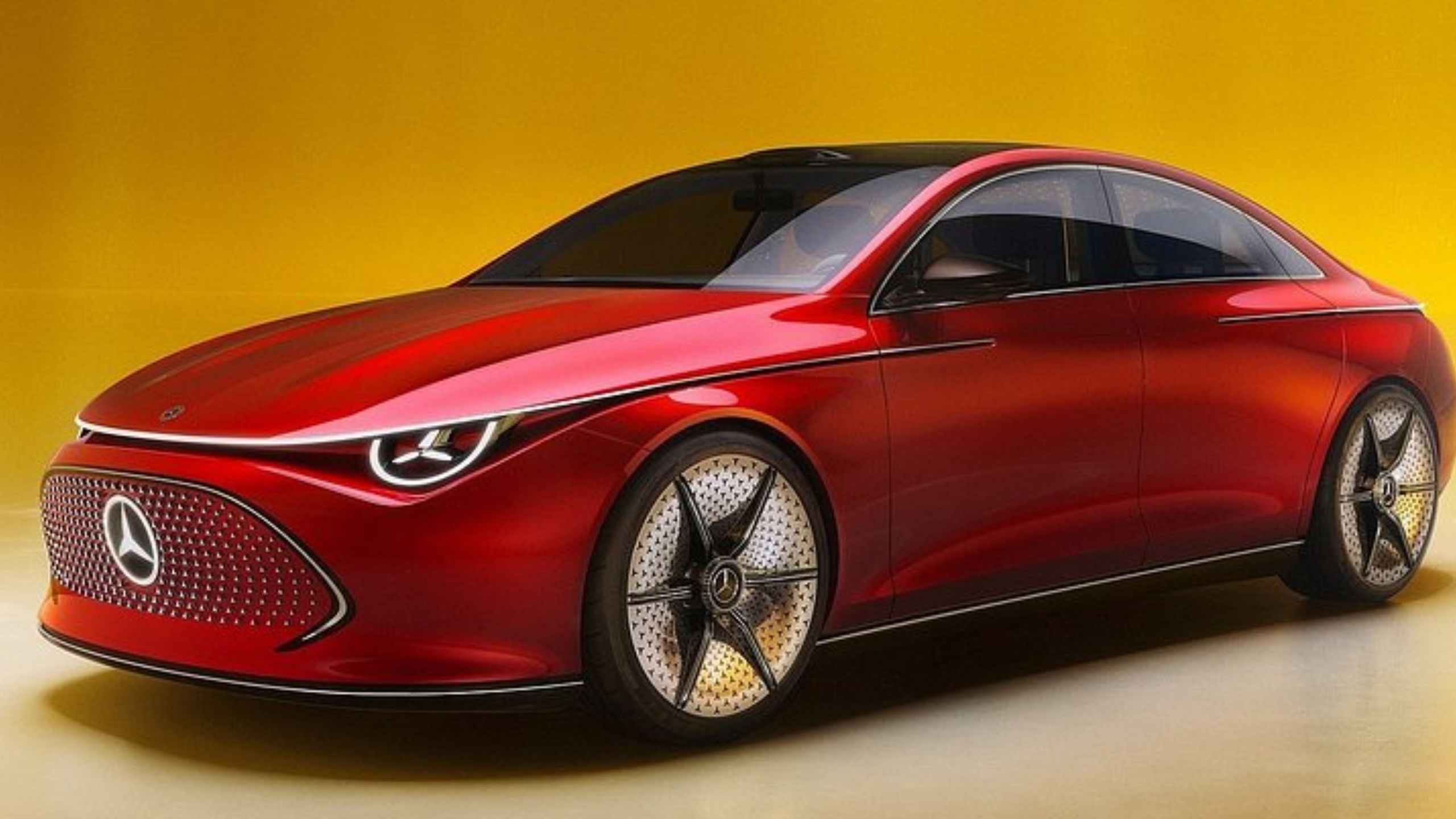Mercedes-Benz has announced plans to introduce 25 new and updated vehicles to dealerships throughout 2024. The emphasis this year will be on more affordable cars rather than electric vehicles (EVs), which were a focus in the previous year.
This shift suggests a departure from the decision to reduce entry-level models in favor of luxury vehicles. However, Mercedes attributes this change in strategy primarily to its product cycles.

Instead of prioritizing EVs, Mercedes intends to increase the availability of combustion and hybrid vehicles in the US market. This shift reflects a recognition that EVs might not be as lucrative as initially anticipated, especially in light of current market conditions.
Dealer feedback appears to have influenced this decision, with concerns about slow-selling models like the EQS prompting a reevaluation of the product lineup.
Edmunds Insights Director Ivan Drury comments that this adjustment reflects Mercedes’ effort to stay grounded in reality and cater to consumer preferences. While entry-level vehicles may not be as profitable as high-end luxury models, they serve as an entry point for consumers into the brand’s ecosystem.
While the possibility of reintroducing entry-level models like the A-Class remains open in the future, Mercedes is currently focused on maintaining a balanced product portfolio. EVs will continue to be part of the lineup, but the emphasis for now is on meeting consumer demand for more affordable options.

Overall, Mercedes’ decision underscores the importance of flexibility and responsiveness to market dynamics. As the automotive industry evolves, likely, other manufacturers will adjust their strategies to align with changing consumer preferences and economic conditions.

